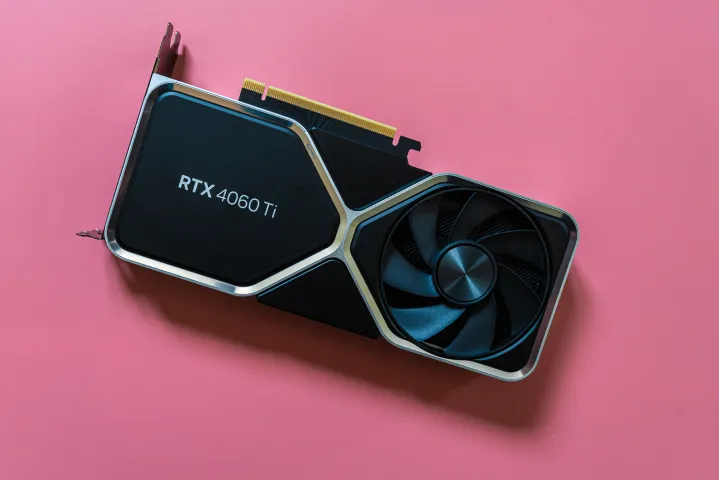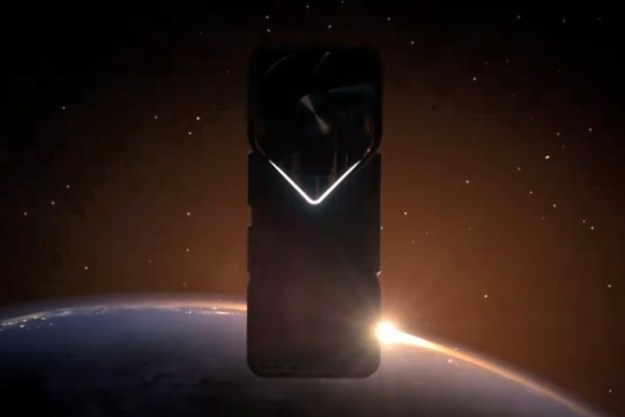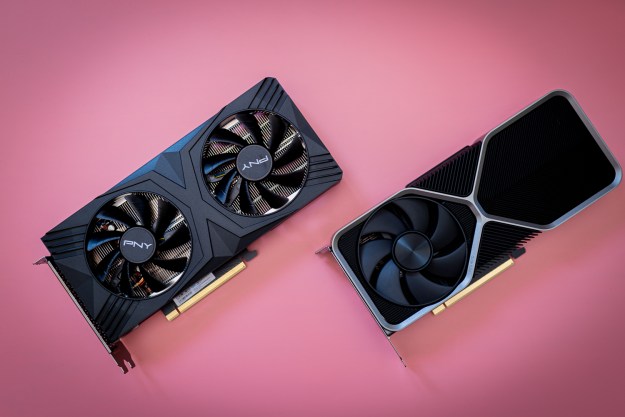Nvidia has just quietly announced the official release date of the RTX 4060. The GPU is coming out on June 29 and will be priced at $299.
Although performance-wise, the RTX 4060 can’t hope to compete against some of the best graphics cards, it’s still one of Nvidia’s most important GPUs. Can it repeat the success of its predecessors?

We’re finally about to reach the level of “affordable” in Nvidia’s RTX 40-series. A generation mostly known for its outrageous pricing, but also for some of the top performers like the RTX 4090, the lineup has been pretty bare when it comes to GPUs under $500. Up until now, the only option was the recent RTX 4060 Ti, but that GPU has certainly failed to impress. Now, Nvidia is trying again, this time with a $300 RTX 4060.
Nvidia says it comes with 3,072 CUDA cores, which is a lot fewer than the RTX 3060 (3,584). It’ll also sport 8GB VRAM across a 128-bit memory bus. While 8GB VRAM is not great for 2023, the RTX 4060 can likely get away with it thanks to the lower price point.
Historically, Nvidia’s xx60 GPUs have been real winners that stood the test of time. Bridging the gap between entry-level and high-end, they’re some of the most mainstream GPUs to date. Even now, the Steam Hardware Survey lists the GTX 1060 and the RTX 3060 high on its list of the most popular cards used by gamers — the GTX 1060 scores the second place, followed by the RTX 3060 coming in third. The number one spot belongs to the GTX 1650 right now. Coming in fourth is, would you look at that, another xx60 card — the RTX 2060.
It simply makes sense for these GPUs to be successful. You can still enjoy some AAA gaming on 1080p even with an xx60 GPU, but they fit neatly into more budget-oriented PC builds. This is why it’s so important for the RTX 4060 to do well, because if that GPU can’t do it, then pretty much none of Nvidia’s RTX 40-series cards should be able to.

In today’s GPU landscape, we’re long past the times when graphics cards would sell out quickly. The RTX 4060 will have to be able to stand its own ground and show some generational uplift for gamers to be willing to upgrade, even if it’s fairly cheap. After all, AMD’s RX 7600 is right there, costs $270, and is actually fairly impressive for its price point. Of course, it doesn’t have DLSS 3, which is a major selling point for this generation. However, it’d be nice for the RTX 4060 to be more than a vessel for DLSS 3 and to be a solid GPU all on its own.
We’ll have to wait to test the card ourselves to know its performance. Nvidia is also readying an RTX 4060 Ti with 16GB VRAM, addressing one of the biggest problems with the 8GB version of the card, but it’s still slated for a July release.
Editors' Recommendations
- Intel may fire the first shots in the next-gen GPU war
- You shouldn’t buy these Nvidia GPUs right now
- The most common GPU problems and how to fix them
- Why I’m feeling hopeful about Nvidia’s RTX 50-series GPUs
- Nvidia just fixed a major issue with its GPUs





